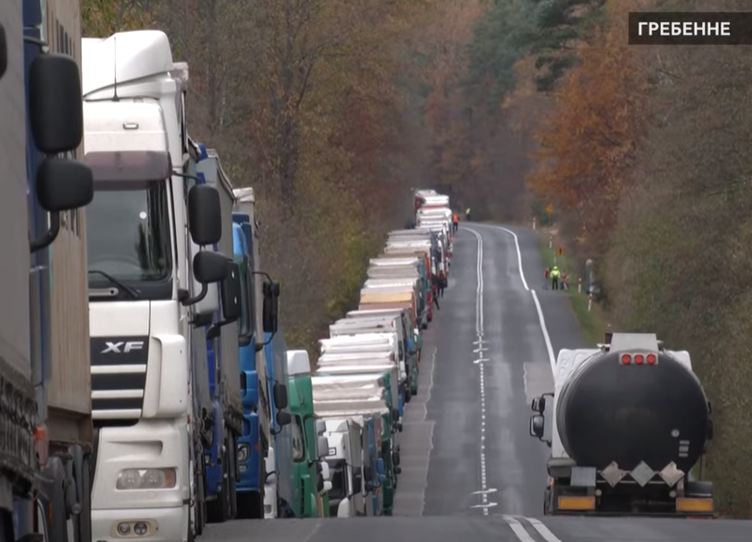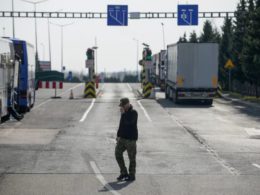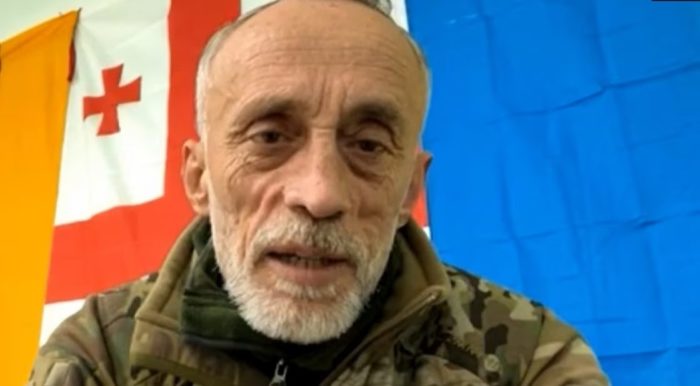The Union of Road Carriers of Slovakia (UNAS) threatens to block Ukrainian carriers from crossing the border from its side, the Slovak organisation wrote on social media.
They demand the European Commission return to issuing commercial permits for Ukrainian transportation within the EU. The UNAS demanded a meeting with the Ministry of Transport of the Slovak Republic to discuss “the problems with the toll and the Ukrainian carriers who do not need permits to work and are taking work away from our carriers.”
“We want to point out that the Slovak freight transport is on its knees. As you have noticed, Polish hauliers are blocking their borders because they have the same problem as our hauliers,” the organisations wrote in the letter to the Ministry of Transport of the Slovak Republic
There is already a significant accumulation of trucks travelling to Ukraine on Slovakia’s eastern border, particularly at the Vysne Nemecke-Uzhhorod border crossing, Ukrinform reported, citing Slovak media. The priority remains the transportation of perishable food, animals and humanitarian aid, and drivers must present the necessary documents for the cargo being transported.
Polish carriers’ protest at the Polish-Ukrainian border crossing
The blockade of key border crossings between Poland and Ukraine started on 6 November when Polish truck drivers physically blocked three of the four largest road border crossings.
The strike was planned to last two months and aimed to draw the Polish authorities’ attention to the country’s transport industry. In particular, to push back against increased competition from Ukrainian hauliers after the liberalization of laws governing international transport between Ukraine and the EU.
Polish carriers demand Ukraine reintroduce permits for transportation that were cancelled under the transport visa-free regime. This agreement on road freight transport signed in June 2022 eliminated the need for Ukrainian carriers to obtain permits for bilateral and transit transportation to EU states.
As of 9 November, a queue of Ukrainian trucks nearly 30 kilometers long formed at the Medyka-Shehyni border crossing, the only transit point not entirely blocked by Polish truckers, Radio Liberty reported, citing a spokesman for the Beszczadzki Border Guard. About 1,020 trucks were lined up on the Ukrainian side, waiting to cross into Poland, with an estimated wait time of 55 hours.
According to a report by Pavlo Kravchuk published in European Pravda, the protest could be organized by fringe far-right groups.
It has damaged economic relations and strained ties between the two countries that are crucial supporters of Ukraine in its ongoing war against Russia’s invasion. The demands are unclear and shifting, Kravchuk writes.
Analysts say this blockade appears to be driven by the interests of the small organizing committee rather than the wider Polish transport industry.
“This strike does not have the support of either most carriers or the Polish authorities,” Kravchuk wrote. The newly formed Committee for the Protection of Carriers and Employers in the Transport Sector, which includes owners of some firms involved in previous protests, has taken a leading role.
Talks between Ukraine and Poland held on 13 November which was planned to resolve issues caused by a strike, failed, Ukraine’s Deputy Infrastructure Minister Sergiy Derkach said on Facebook. According to Derkach, the protesters’ main demand — restoring a permit system for cargo transports between Ukraine and Poland — is unrealistic because the permit system was abolished by a Ukraine-EU transport deal in place until June 2024.
Read also:
- Polish truckers reject Ukraine’s compromise offers, continue strike
- Border blockade by Polish drivers “damaging for all,” Ukrainians say
- Russian strike kills two Ukrainian emergency workers in Zaporizhzhia Oblast








